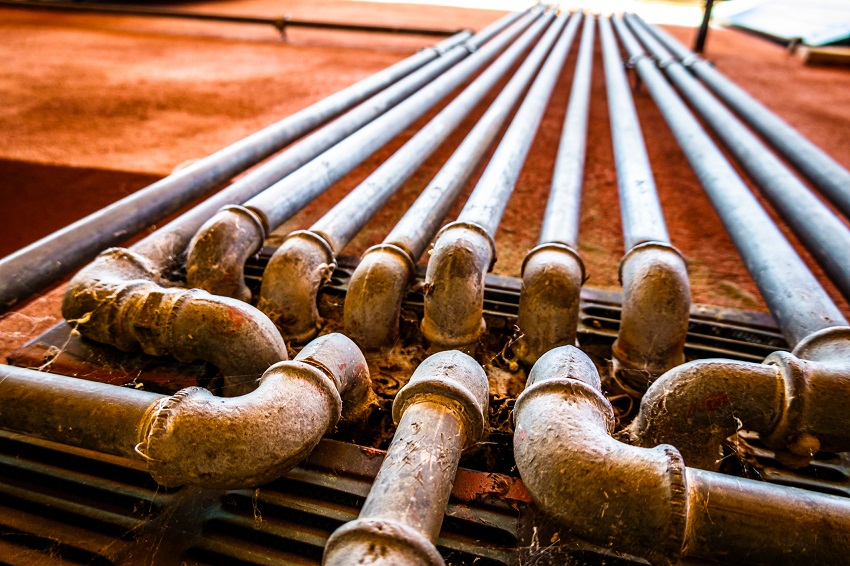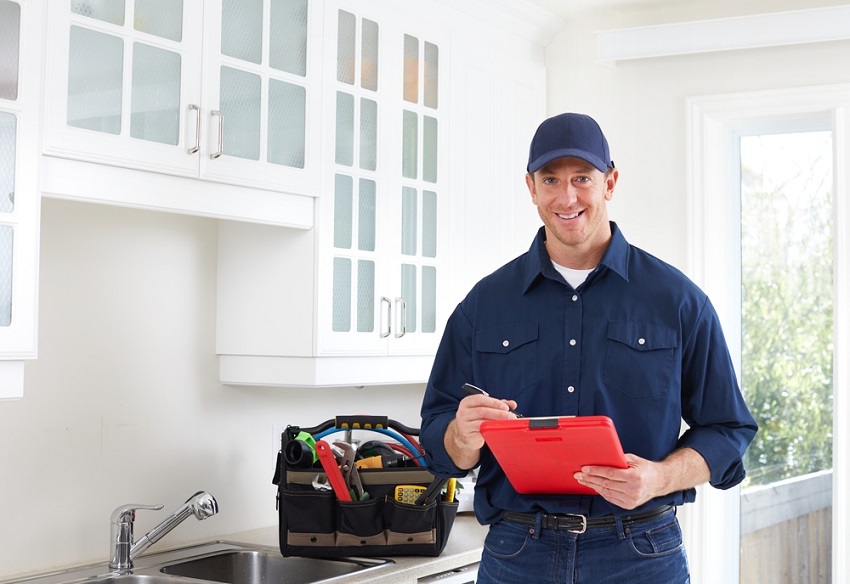Plumbing services encompass many tasks, from fixing leaky faucets to installing complex piping systems. One question often arises is whether plumbers are qualified to install gas lines. In this comprehensive article, we will delve into do plumbers install gas lines. So, if you’re looking for expert insights and valuable information on the topic, you’ve come to the right place!
Plumbers are highly skilled professionals specializing in maintaining and repairing various aspects of a building’s water and drainage systems. They play a vital role in ensuring the smooth functioning of plumbing fixtures, such as toilets, sinks, showers, and water heaters. Also, plumbers are responsible for installing and maintaining the intricate network of pipes carrying water throughout a building.
The Expertise of Plumbers in Gas Line Installations
Many people wonder whether plumbers possess the necessary expertise when it comes to gas line installations. The answer is a resounding yes! Plumbers undergo extensive training that equips them with the knowledge and skills required to handle gas line installations safely and effectively.
Gas line installations involve intricate processes and strict adherence to safety regulations. Plumbers are well-versed in these regulations and possess the expertise to navigate the complexities of gas line systems. From residential homes to commercial buildings, plumbers are equipped to handle various gas line installation projects.
Licensing and Certification
Plumbers obtain the necessary licenses and certifications to solidify further their qualifications to handle gas line installations. These credentials ensure they have undergone rigorous training and demonstrated competence in working with gas lines.
When hiring a plumber for gas line installations, verifying their licensing and certification is essential. By doing so, you can rest assured that you are entrusting the task to a qualified professional who will prioritize safety and adhere to industry standards.
Gas Line Installation Process
Let’s take a closer look at the gas line installation process to understand the steps involved:
1. Assessment and Planning
Before any installation work begins, a licensed plumber will thoroughly assess the property. This assessment helps determine the most efficient and safe route for the gas lines. Factors such as the proximity of gas appliances and existing plumbing systems are considered during this phase.
2. Obtaining Permits
Gas line installations require proper permits from the local authorities. Plumbers take care of this aspect and ensure that all necessary permits are obtained before installation. This step guarantees compliance with local regulations and ensures a smooth and legal installation process.
3. Materials and Equipment
The plumber will gather the required materials and equipment once the assessment is complete and permits are obtained. High-quality pipes, fittings, valves, and other necessary components are sourced to ensure the longevity and efficiency of the gas line system.
4. Installation
With the necessary preparations in place, the plumber begins the installation process. They carefully measure and cut the pipes, connect them using appropriate fittings, and secure the system to the building’s structure. The plumber ensures tight seals and proper connections throughout the installation to prevent gas leaks.
5. Testing and Inspection
After the installation, the gas line system undergoes rigorous testing to detect potential leaks or issues. Plumbers utilize advanced equipment to conduct pressure tests and ensure system integrity. Additionally, they schedule inspections to ensure compliance with safety standards and regulations.
The Importance of Hiring Professional Plumbers
When it comes to gas line installations, it is crucial to rely on professional plumbers for several reasons:
- Safety: Gas line installations require expertise and meticulous attention to safety measures. Professional plumbers have the knowledge and experience to handle potentially hazardous situations, ensuring the property’s and its occupants’ safety.
- Code Compliance: Gas line installations must adhere to specific codes and regulations. Professional plumbers are well-versed in these requirements and ensure that the installation meets or exceeds industry standards.
- Experience and Expertise: Professional plumbers bring years of experience to the table. They have encountered various installation scenarios and possess the problem-solving skills necessary to overcome challenges that may arise during the project.
- Peace of Mind: Hiring a professional plumber provides peace of mind, knowing that the installation will be handled competently and efficiently. They offer warranties on their workmanship, further ensuring customer satisfaction.
In conclusion, professional plumbers are indeed qualified to install gas lines. With their extensive training, licensing, and expertise, they possess the necessary skills to handle gas line installations safely and effectively. When considering a gas line installation project, hiring a reputable plumbing professional who prioritizes safety, adheres to regulations, and delivers high-quality work is vital.





Average Rating